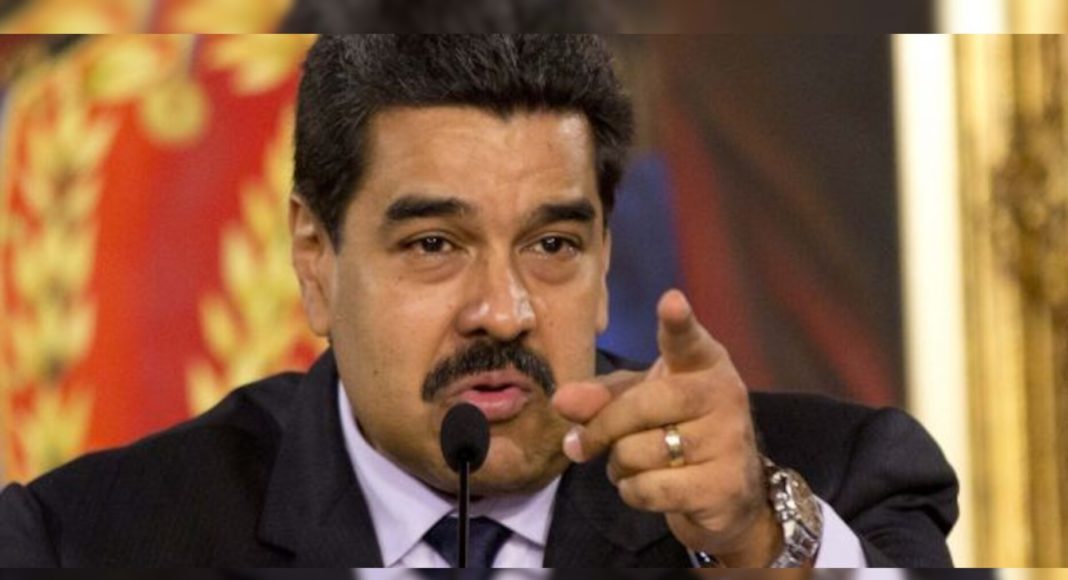The jurisdiction of the International Court of Justice (ICJ) to preside over the Guyana-Venezuela border controversy case does not seem to matter to the Nicolas Maduro-led administration.
In fact, President Maduro himself told state press that “Venezuela has never recognized nor will it recognize the ICJ for the resolution of this issue” an October 31 Bloomberg article noted.
The ICJ has affirmed its jurisdiction twice to address the controversy between Venezuela and Guyana, offering the potential for a final, binding, and equitable settlement under international law.
But despite participating in the ICJ proceedings, Venezuela has been attempting to deviate from the process.
Maduro, in September, proposed to meet directly with President Irfaan Ali to resume the 1966 Geneva Agreement, as Venezuela ramped up its aggressive posturing because of Guyana’s bid round. That included increased military activities and troop mobilization by Venezuelan forces in proximity to Guyana’s borders. And more recently, Venezuela’s upcoming referendum to take over the Essequibo region – two-thirds of Guyana’s territory.
Guyana’s government has said it firmly believes that the appropriate platform for addressing Venezuela’s territorial claim is the ICJ.
Guyana turned to the ICJ, seeking orders that would block Venezuela’s referendum. In that Request, Guyana is seeking from the Court an Order preventing Venezuela from taking any action to seize, acquire or encroach upon, or assert or exercise sovereignty over, the Essequibo Region or any other part of Guyana’s national territory. This is pending the Court’s final determination of the validity of the 1899 Arbitral Award that established the land boundary between the two States, and the final and binding nature of that boundary.



